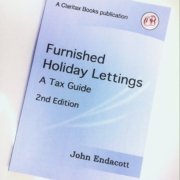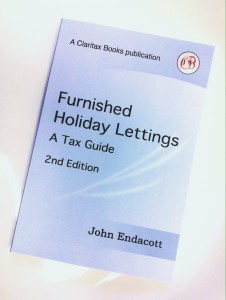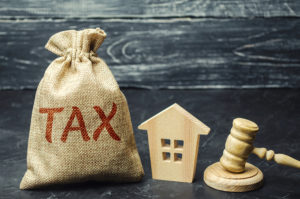
Five years ago, we posed the following question. Whether getting the best terms on the tax you pay on your holiday letting income sounded like an attractive proposition? Our question was related to the launch of a new campaign by the Government, aptly called the Let Property Campaign.
- You can see the original post here: The HMRC Let Property Campaign
The reason for the HMRC Let Property Campaign
In 2013 it was estimated that 1.5 million landlords had underpaid or failed to pay up to £500 million in tax between 2009 and 2010 alone. The campaign was an opportunity for those that had knowingly or inadvertently not paid (or underpaid) tax on their `buy-to-let’ and ‘furnished holiday letting income‘ to come clean and declare it without further hefty penalties.
It’s important to highlight that, whilst many pieces of legislation are aimed at ‘traditional landlords’ with Assured Shorthold Tenancies; this drive from HMRC extends to holiday homeowners and those operating within the tourism and hospitality sector. It essentially targeted anyone who owns more than one home one or more of which generate an income.
The results of the Let Property Campaign
And the results? A recent Freedom of Information request has indicated that over the past five years, 35,099 people have made a voluntary declaration to HMRC – that’s 2.6% of the people that had been identified. Wondering how much of the £500 million tax bill they were successful in recouping? £85 million (17% of the targeted figure).
The importance of being upfront with tax
While these figures are certainly not what HMRC and the Government were targeting at the original outset of the campaign, they are continuing the drive to identify those that are gaining income from properties and not declaring additional sources of revenue.
If you’ve made an error in paying or calculating your tax bill as a result of misunderstanding or deliberately paying the wrong amount, it is strongly advised that you inform HMRC of any mistakes before they discover them, because if you don’t make a voluntary disclosure now and HMRC finds out later, you could suffer higher penalties and face criminal prosecution.
You may also find the following articles of on furnished holiday letting taxation of interest:
When holiday letting your second home to paying guests it’s essential to take advice on suitable insurance. Boshers offer specialist holiday home insurance to holiday letting owners across the UK. Need an insurance quote for your holiday home or cottage complex? Please give us a call on 01237 429444.
*Please remember this article is only a general outline of the tax schemes offered by HMRC. If you are looking for tax information or advice, please contact HMRC directly or seek professional advise.
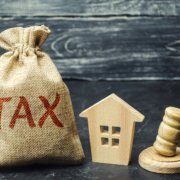
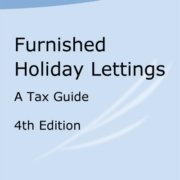
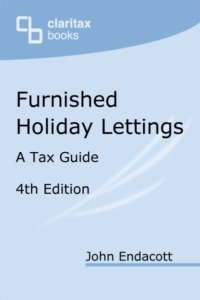 The holiday cottage industry brings with it a unique set of circumstances; as providers of
The holiday cottage industry brings with it a unique set of circumstances; as providers of 

